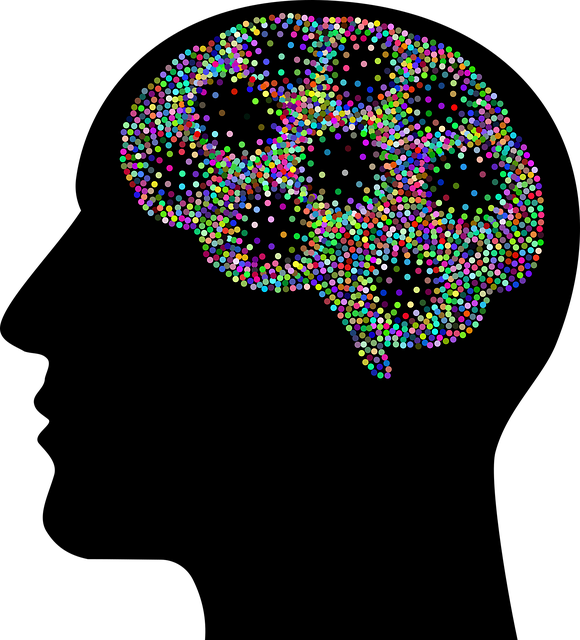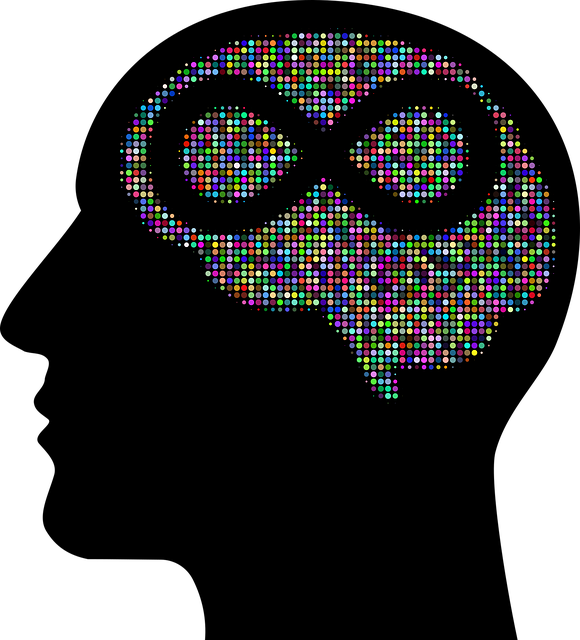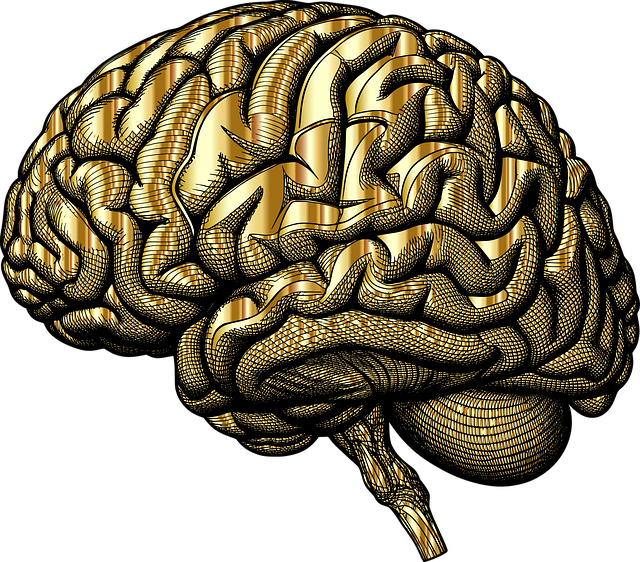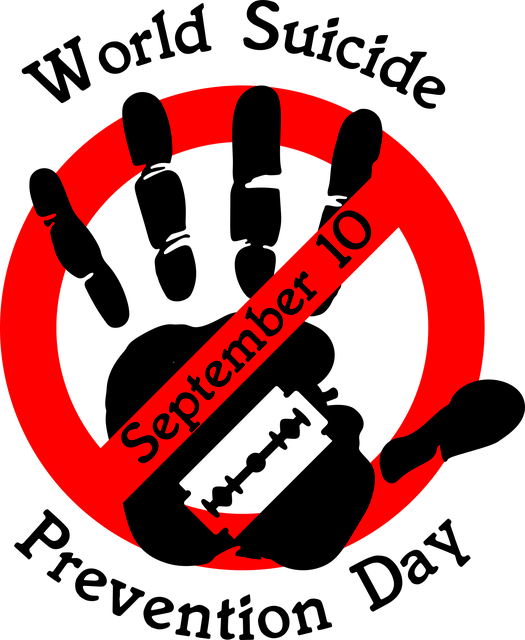Louisville Eating Disorders Therapy's Recovery-focused Modeling (RFM) framework emphasizes building resilience for lasting mental health improvements, particularly in eating disorder recovery. This approach utilizes mindfulness meditation, group therapy, and empathy-building to enhance coping mechanisms, promote positive self-image, and challenge internalized stigma. Through community outreach, they create supportive networks that foster ongoing recovery and understanding. RFM's evidence-based strategies help clients develop self-determination, set meaningful goals, and cultivate tailored coping strategies for burnout prevention and effective trigger management.
In Louisville Eating Disorders Therapy, building resilience is key to lasting recovery. This article explores the power of RFM (Resilience, Flexibility, and Mastery), a framework designed to equip individuals with coping strategies for challenging situations. We’ll delve into how specific exercises can enhance resilience, focusing on practical integration within treatment plans. Understanding RFM’s role in therapy not only accelerates healing but also empowers individuals to navigate life’s twists and turns with increased confidence and strength.
- Understanding RFM and Its Role in Resilience Building
- Exercises to Enhance Resilience in Louisville Eating Disorders Therapy
- Integrating RFM into Treatment Plans for Lasting Recovery
Understanding RFM and Its Role in Resilience Building

Resilience is a cornerstone of mental well-being, enabling individuals to navigate life’s challenges with fortitude and adaptability. RFM (Recovery-focused Modeling) is a therapeutic framework that recognizes the inherent capacity for growth and healing within every individual struggling with mental health issues, including eating disorders. Louisville Eating Disorders Therapy leverages RFM principles to empower clients by fostering inner strength development. This approach goes beyond addressing symptoms, aiming to build resilience that extends into all aspects of life.
By focusing on personal strengths, coping mechanisms, and positive identity, RFM helps individuals challenge the mental illness stigma reduction efforts they may have internalized. Furthermore, community outreach program implementation, a key component of Louisville Eating Disorders Therapy’s approach, amplifies these benefits by creating supportive networks that encourage ongoing recovery and resilience-building. Through such initiatives, individuals not only find healing but also contribute to a broader movement toward understanding and acceptance in their communities.
Exercises to Enhance Resilience in Louisville Eating Disorders Therapy

In Louisville Eating Disorders Therapy, building resilience is a cornerstone of treatment. Exercises designed to enhance resilience equip individuals with effective coping mechanisms and promote a positive self-image, which are crucial for managing eating disorders. One such exercise involves mindfulness meditation, a powerful tool for stress reduction methods. By focusing on the present moment, individuals learn to detach from negative thought patterns and emotional triggers associated with eating disorders.
Additionally, group therapy sessions incorporate empathy building strategies through open discussions and active listening exercises. This fosters a supportive environment where participants can share their experiences, offer encouragement, and gain different perspectives on dealing with stress management workshops organization. These interactive activities not only strengthen the therapeutic bond but also empower individuals to navigate challenges with increased resilience.
Integrating RFM into Treatment Plans for Lasting Recovery

Incorporating RFM (Recovery-Focused Motivation) into treatment plans is a powerful approach for achieving lasting recovery, especially in the context of Louisville Eating Disorders Therapy. This evidence-based strategy focuses on building internal motivation and resilience, which are crucial components in overcoming eating disorders and related challenges. By integrating RFM, therapists can help clients develop a sense of self-determination and empowerment, fostering an environment that promotes healthy behaviors and improves overall mental wellness.
The inclusion of RFM techniques within therapy sessions offers a unique advantage for individuals seeking recovery. It encourages clients to explore their personal values, set meaningful goals, and cultivate coping strategies tailored to their specific needs. This personalized approach not only aids in burnout prevention but also equips individuals with the tools to navigate triggers and setbacks effectively. Moreover, the emphasis on empathy building strategies within RFM sessions strengthens the therapeutic bond, ensuring clients feel understood and supported throughout their recovery journey.
Resilience is a vital component of recovery from eating disorders, and the RFM model offers a structured approach to building this strength. By integrating resilience-focused exercises into Louisville eating disorders therapy, professionals can empower individuals to navigate challenges and maintain long-term recovery. This comprehensive strategy ensures that patients are equipped with the tools to face setbacks head-on, fostering a sustainable and thriving life beyond therapy.














